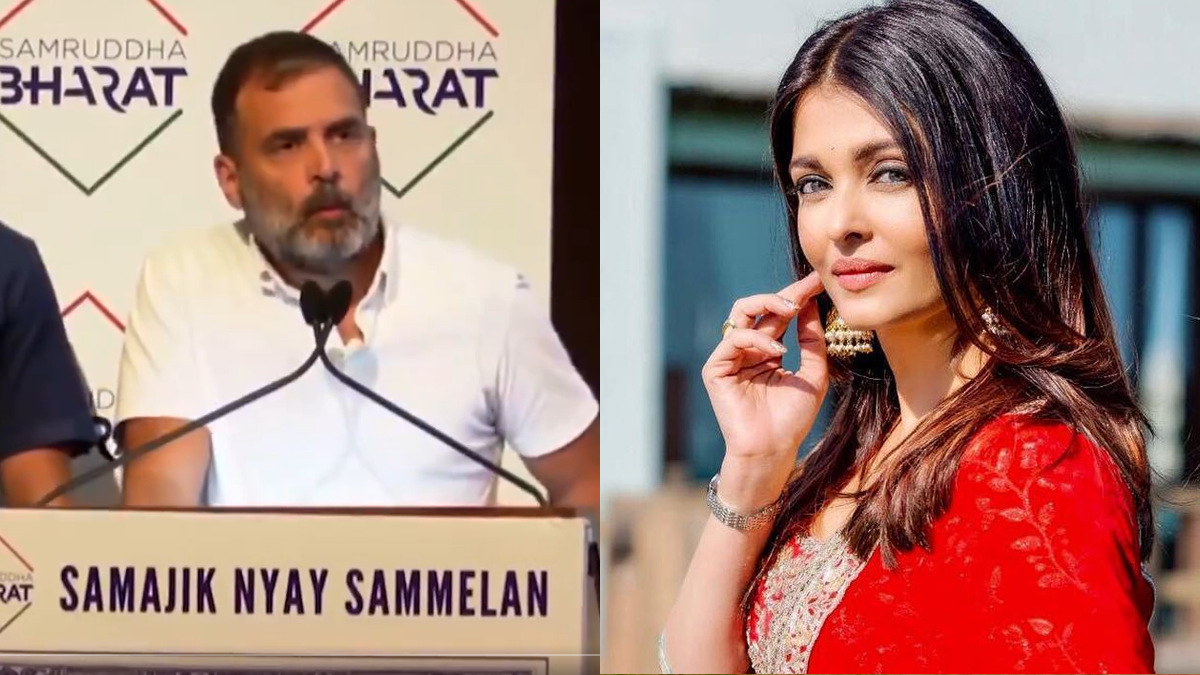Egyptian women flock to hear female preachers
CAIRO, June 27 : Women of all ages pour into a fluorescent-lit mosque hall hours before Sherine Gouda el-Sahhar is due to deliver her weekly sermon, seeking a seat near the front so they can catch a glimpse of the preacher.
The 200 women can barely squeeze into the hall, so Sahhar's helpers remove the screens separating the men's hall from the women's to accommodate the gathering.
As she starts, a hush falls over the crowd. Sahhar begins preaching about the need to perform good deeds to please God, not to boast to colleagues, friends or family.
She is one of a growing number of Muslim women preachers in the Egyptian capital who deliver regular sermons in mosque halls, preaching about Islam, interpreting Koranic verses and advising people how to live as virtuous Muslims.
Similar gatherings at private homes are also becoming popular, catering to a growing number of young people who do not identify with radical preaching but do not subscribe to a Western style of living at odds with their conservative culture.
''Hagga Sherine has an easy-going attitude and she tries to get her point across in an easy step-by-step way,'' said Yasmine Gamal, 25, a recent graduate.
''Hagga'' denotes that the preacher has performed the Haj, the pilgrimage to Mecca that is a duty for every able-bodied Muslim at least once in a lifetime.
''There are others who use fear to move people, but here it's through love.'' Most of Egypt's 73 million people are Sunni Muslims. Egyptian law bans political parties based on religion, but candidates of the Muslim Brotherhood, which is not recognised by the government, won 88 seats running as independents in the 454-seat parliament in last year's election.
RANKS ARE SWELLING
The ranks of women preachers are swelling across the West Asia.
Morocco appointed 50 women as state preachers in May as part of the government's drive to promote a tolerant version of Islam in the face of radical fundamentalism.
Souad Saleh, dean of the Faculty of Islamic Studies at Al-Azhar University, said women preachers acted as mentors for women seeking to find a moderate religious creed to live by.
''It is of no doubt that Egyptian society is going through unstable and contradictory paradigms, one characterised by extravagance and 'music videos' and another wave that is countering that which is radical and fundamentalist.
''People are confused and they are trying to reassess themselves, so there is a need for those to guide them to the right path,'' she said.
The rise of women preachers is linked to the birth of a new kind of religious fervour among the young.
A leader in this trend is male preacher Amr Khaled, who started preaching more than five years ago and whose audiences include many young women. Khaled wears a suit and tie and promotes conventional morality and community engagement. After Khaled helped turn many young Egyptians towards religion, the secular government, wary of Islamist sentiment in society, banned his television broadcasts and stopped him preaching in mosques.
Khaled epitomises a new breed of preacher: younger people who speak in colloquial Arabic and draw bigger crowds than the elderly, bearded scholars who have dominated religious instruction.
BRIDGE PARTIES
However, scholars agree the authorities are unlikely to curb women preachers as they lack a mass following such as that enjoyed by Khaled.
''I don't think women preachers pose the same danger,'' said sociologist Saadeddin Ibrahim.
''If it doesn't embarrass the authorities they don't go looking.
They know it happens but turn a blind eye,'' said Masoud Sabry, a sharia (Islamic law) researcher at Internet publisher Islamonline.
Some scholars and sociologists have said the rising demand for women preachers has led to unqualified people taking on the role and the growing popularity of their classes was due more to their fulfilling a social need.
''Since the women's arena is lacking in qualified people who have studied Islamic jurisprudence, that has given a chance for those less qualified to do so,'' Saleh said.
''There's lots of talk in religion and sometimes it's contradictory,'' said Sawsan Ayoub, who has been giving lessons in mosques for 20 years. ''Plenty do not have the qualifications.'' Sociologist Ibrahim said the phenomenon had been growing among the middle and upper classes in the past 10 years and was ''the functional equivalent of ladies' bridge parties''.
''This is partly socialising and partly a game, a good deal of the preaching has that dimension to it, so it becomes attractive to join them. To learn to be preachers themselves as well as recipients has also become fashionable,'' he said.
Female preacher Gehan Radwan agreed to some extent.
''The people who benefit from these lessons are very few.
Unfortunately there is a group that says 'it's just the latest fashion that everyone goes to these lessons and I'm free and have nothing to do so I'll go to these lessons','' she said.
''The fact is that some of these lessons become a big extravaganza. After every lesson, there is a big dinner.'' Others find the women preachers echo their concerns.
''She (Sherine) is realistic and she lives in our world. She is not like those others who speak like they are from another world,'' said Sherine Saad, 32, before the sermon started.
Reuters


 Click it and Unblock the Notifications
Click it and Unblock the Notifications




